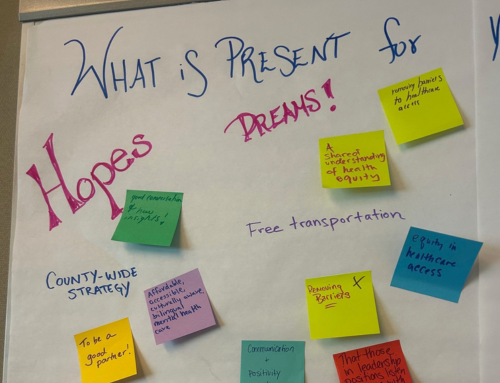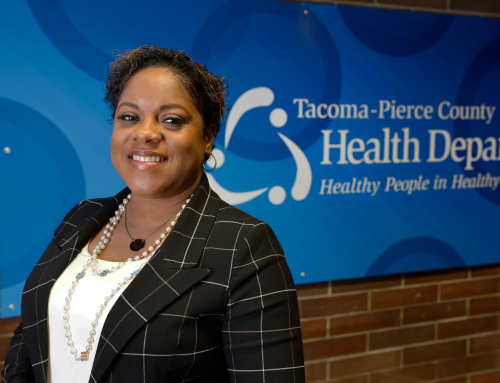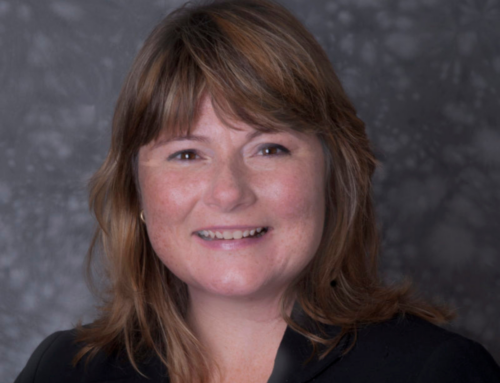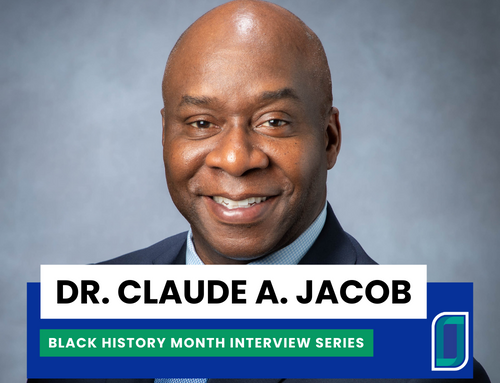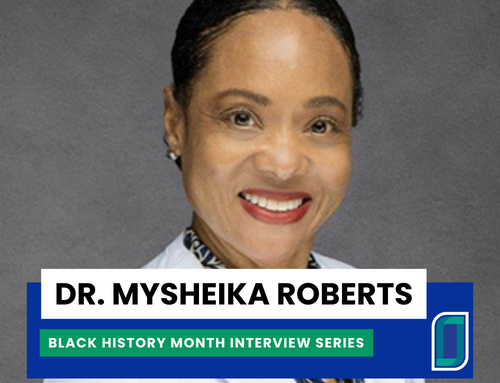Dr. Wilma Wooten, Health Director for San Diego County, shared insights into her public health journey, the importance of centering equity in the field, and diversity in leadership.
Dr. Wooten’s journey into public health was unplanned. Originally intending to attend medical school, the high cost of out-of-state tuition led her to obtain a master’s in public health (MPH) while establishing residency. This decision was pivotal for Dr. Wooten, showcasing the interconnectedness of medical care and public health and ultimately shaping her career trajectory.
“I saw a nice nexus between medical care and public health,” Dr. Wooten reflected.
Dr. Wooten ultimately found her way to California through an interest in sports medicine, participating in the preventive medicine residency rooted in public health principles. This alignment solidified her dedication to public health and led her to become the deputy health officer and then the health officer for San Diego County, where she has been for 23 years.
Equity and Public Health Accreditation
Dr. Wooten’s contributions have been substantial throughout her tenure at San Diego County. Her first two tasks were to create a health disparities initiative and develop a public health champions awards program, both of which are still in action today.
Notably, her creation of the “READI” initiative – reducing and eliminating health disparities with information – is still a cornerstone of the county’s public health efforts. For five years, the READI initiative convened the community, focusing on various racial and ethnic groups, to share data pertinent to those groups. Through this forum, the community could also share important issues and concerns to incorporate into the health department’s efforts.
When Dr. Wooten became the health officer, she understood the relationship between accreditation, equity, and organizational development and leveraged accreditation strategically for transformation. The accreditation process prompted organizational developments, enhanced frameworks for health promotion, promoted data sharing across departments and established the Office of Health Equity, which has since evolved into the Office of Health Equity and Climate Change.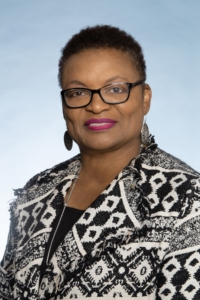
Embedding equity and health promotion in the Standards & Measures for accreditation sends the message to all health departments that these elements are essential to the development of an excellent health department and are a catalyst for transformation. Dr. Wooten believes that accreditation is transformation.
“Accreditation is transformation for many and most health departments,” Dr. Wooten said. “It is taking a health department from good to great and helping health departments achieve excellence.”
As a PHAB Board member, Dr. Wooten leverages her dual perspective to drive positive change and innovation within the department, applying what she learns nationally to serve her community locally. During a recent experience on the Board, she learned of an organizational equity tool that she implemented in the San Diego County health department. The tool will now be used countywide through the Office of Racial and Social Justice.
“I was just very excited about the opportunity that I had learning about [the tool] as a board member and then bringing it back to my county to help improve our health equity work here in San Diego County,” Dr. Wooten said.
Diversity and Leaders with Lived Experiences
In reflecting on the significance of diverse leadership in public health, Dr. Wooten underscored the importance of representation and lived experiences in shaping inclusive and equitable practices.
“…just as our overall workforce should be reflective of the community, leadership should also be reflective of the community,” Dr. Wooten said.
Dr. Wooten recounted an experience in 2022 when, during an icebreaker, an agency director, 20 years her junior and being from Sicily, asked the group to share stories about Halloween. Growing up in the rural South, Dr. Wooten didn’t have the experience to draw from – she didn’t celebrate, dress up, or trick or treat. For her, this example underscored that diversity is much more than race and ethnicity; we should consider lived experiences.
As a Black woman who grew up in the fifties and sixties in the South, Dr. Wooten acknowledges that she wasn’t seen in many instances. These experiences informed her inclusive approach to leadership, emphasizing her value of making everyone feel seen and valued. Her commitment to equity, inclusion, and excellence in public health is inspiring.
“Everyone should be made to feel that they are important, that they are valued, and that they are seen,” Dr. Wooten concluded.
